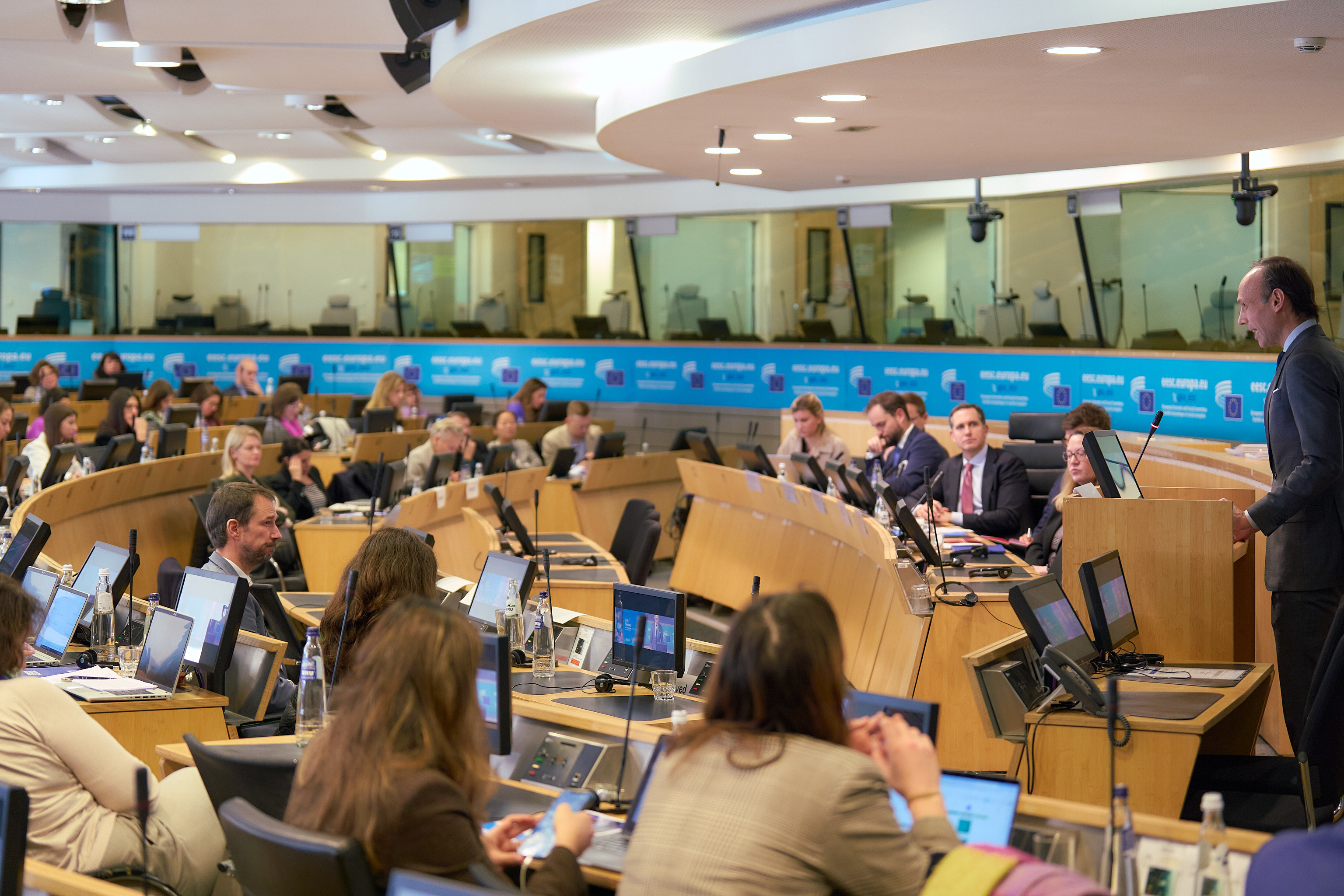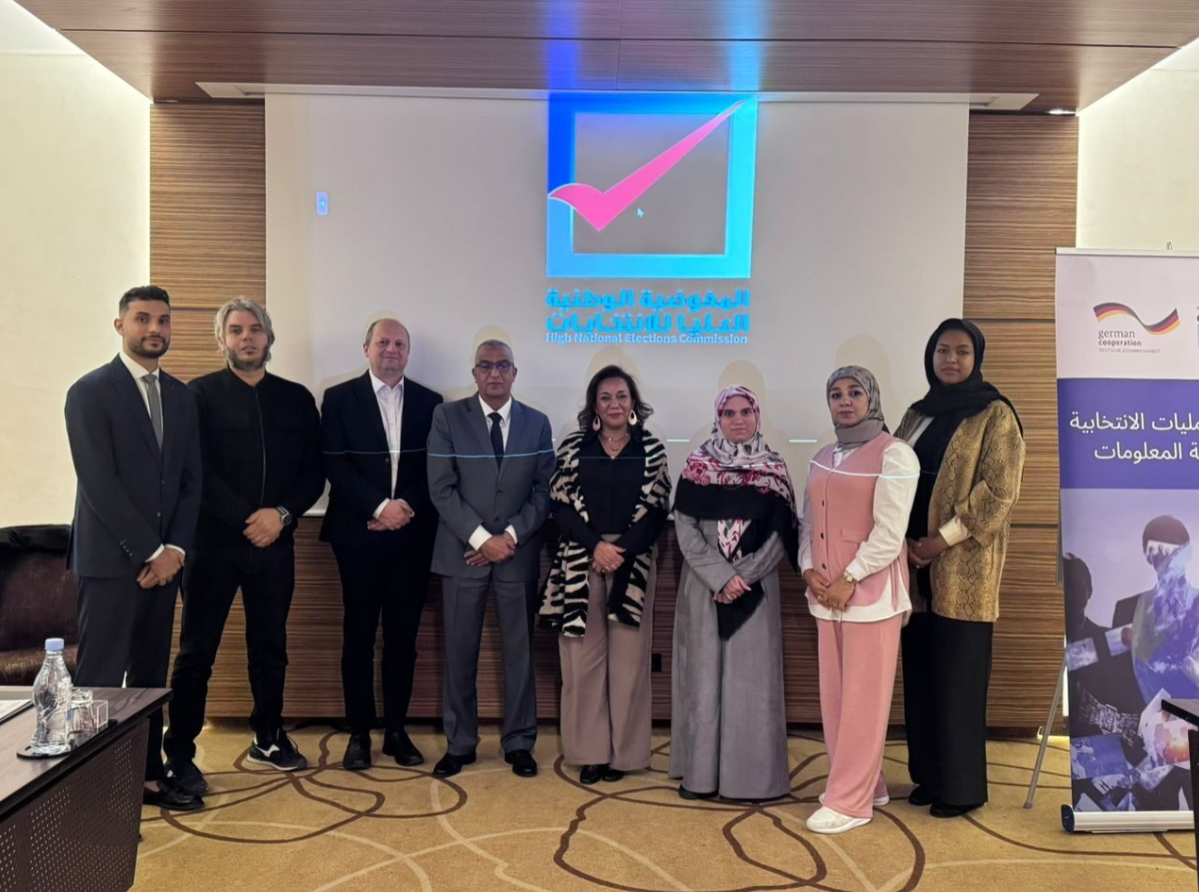Campaign finance is a key issue for the quality of a democracy. The inescapable fact is that while democracy has no price, it does have an operating cost. The use of economic resources is an essential element for democratic competition. Political financing is more than a pathology of democracy, when well-regulated, political financing is a normal part of democratic life.
Money is undeniably capable of introducing distortions in the democratic process: its unequal distribution impacts first on the real possibilities enjoyed by the parties and the candidates to take their message to the voters. Second, having money gives individuals and social groups an unfair advantage regarding the participation of elections, and exercising influence. When political power is simply a reflection of economic power, the principle of “one person, one vote” loses meaning. This concept is vital for democracy. Third, fundraising efforts offer obvious opportunities for the articulation of exchanges between donors and those who make decisions on public affairs, or at least for the continual appearance of conflicts of interest. This can be very problematic in the case of Latin America, where there is a risk of money from organized crime penetrating the campaigns.
Therefore it is not surprising that the issue is on the political agenda in many countries of the region, just as it has been for a long time in Costa Rica. Costa Rica introduced public financing for political parties in 1956, making it the second country in the world to do so, after Uruguay. Nonetheless, the generosity of the government contribution did not avoid a long succession of scandals associated with the issue, with a history that includes figures ranging from Robert Vesco and Manuel Antonio Noriega to Carlos Hank González and the illegal donations from the government of Taiwan. The wounds left by each of these episodes gave way to well-meaning yet inadequate regulatory efforts. The most significant step was the reform of the Electoral Code approved in 2009, which prohibited corporate contributions to the political parties. Change has not only come in the form of legislative action. The Constitutional Chamber of the Supreme Court also made substantial progress in the form of lifting bank secrecy on financing, a crucial decision, applauded by the international community.
Each of these steps is a move in the right direction. In terms of political financing, Costa Rica is much better situated than it was 20 or 30 years ago. All the evidence suggests that private contributions today are less important in our campaigns than a generation ago. We can confidently state that our parties are financing more than 80 per cent of their campaign costs with the state contribution. That is good news.
However, the current regulatory framework presents problems such as:
- It continues being a regulatory system that is somehow upside down. It meticulously keeps tabs on the use of the state contribution by the parties, which does not give rise to conflicts of interest. However, it is much less effective when it comes to verifying the information parties provide about their private sources of financing, which has the potential to compromise the autonomy of the political system. Correcting this imbalance, getting the Supreme Electoral Tribunal to prioritize monitoring private financing and to devote more resources to it, would not only be a way to straighten out its priorities; frankly, all the parties would also breathe a sigh of relief.
- The system of advances on state contributions continues to be very limited (only 15 per cent of the subsidy is disbursed before the presidential election, and nothing in the case of municipal elections). It is time to acknowledge that the elimination of the system which saw contributions distributed in advance payments has created real problems for the political system. The previous system paid 50 per cent in advance (1971 to 1991). The weakness of the current system has ended up leaving the parties at the mercy of banks and lenders during the campaigns. Worse still, today the possibility of a party receiving loans during the campaign against its electoral expectations depends entirely on the fickle behavior of the opinion polls. This is unfair and risky, as the Organization of American States electoral observation missions have noted.
- The legal framework does little to limit parties’ spending on advertising, one of the most effective ways to reduce outlays during campaigns, and to bring about fairness in electoral competition, which is one of the most important objectives in improving the current system. One must evaluate the advisability of adopting a system of advertising slots, provided free of charge by those holding concessions for the radio spectrum, or purchased by the Supreme Electoral Tribunal and then made available to the parties. This has been done very successfully by other democracies in the region, such as Argentina, Brazil, Chile, Ecuador, and Mexico.
- The current regulatory framework has serious vulnerabilities at the local level. Requiring the parties to file a single financial report with the contribution they receive nationwide (the same system that exists for the presidential election) is insufficient when in practice there are 81 local elections in which each candidate raises and spends money autonomously. Relatively little is known about who finances the campaigns at the local level in Costa Rica. However, the experience of other countries – from Mexico to Colombia – reveals that local campaigns are the preferred point of entry for organized crime to penetrate the electoral structures. Reinforcing the financial controls on municipal elections is one of the country’s most urgent tasks in relation to campaign finance.
Costa Rica has made major strides in regulating political financing. Yet there is an urgent need to address the weaknesses in the current regulatory framework. There are bills in the legislative pipeline, such as No. 18,739, introduced by the Supreme Electoral Tribunal in April 2013, that incorporate almost all the reforms suggested here and provide an excellent basis for moving this discussion forward. We will have to address the problems in the current regulatory framework sooner or later. The question is whether we will do so before or after the next scandal. Let’s hope that for once we act in time.



